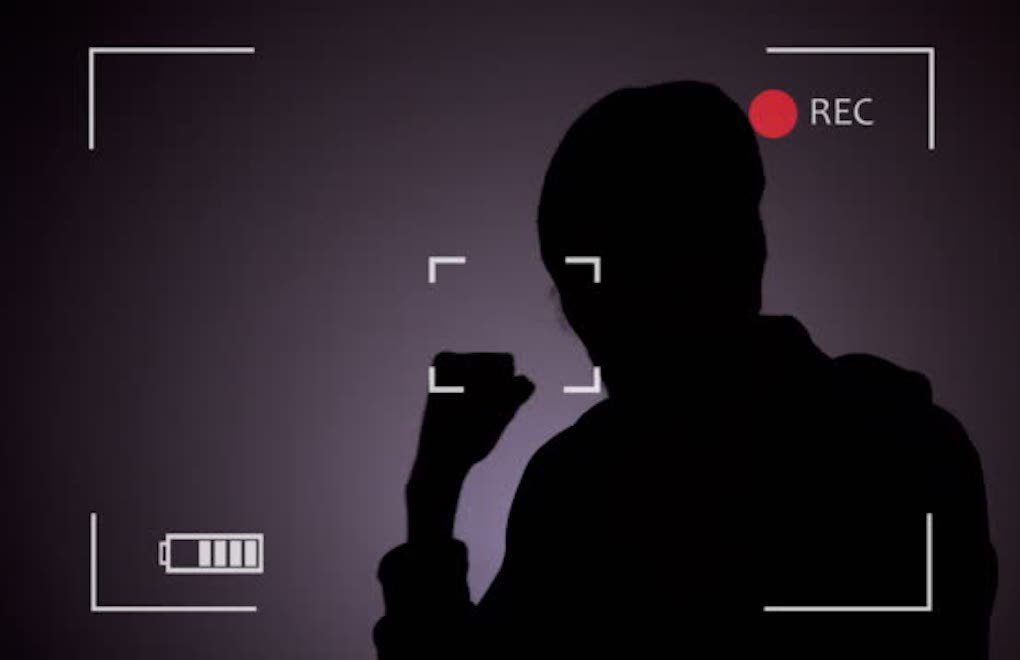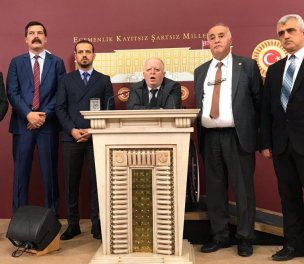Click to read the article in Turkish
The Constitutional Court has handed down a judgment paving the way for courts to arrest and convict people solely based on anonymous witness statements.
The verdict was given by the First Section of the Constitutional Court, one of the five members of which is İrfan Fidan, whose appointment to the top court caused controversy because of his track record as a prosecutor in political cases.
The judgment concerns the application of Rıza Barut, a former municipal council member of Eğil district of the Kurdish-majority province of Diyarbakır. Barut had been remanded in custody for two months in 2020, based on the testimony of an anonymous witness.
The Constitutional Court ruled that Barut's arrest was unlawful, but not because it was solely based on the statements of an anonymous witness but because the statements in question were "vague" and did not include information on places, time, people and actions, hence not enabling courts to verify or refute them.
In its detailed ruling, the court said people can be arrested solely based on anonymous witness statements in specific cases.
"In situations where the suspect or defendant is given the opportunity to adequately inspect anonymous witness statements, these can be considered as a strong indication in terms of arresting [the defendant or suspect]," says the ruling.
On the condition of including information on place, time, people and actions, anonymous witness statements can be considered as a "strong indication" in terms of arresting a suspect, according to the top court.
The court also cited several of its previous rulings, including the ruling on US pastor Andrew Brunson, where anonymous witness statements supported by other witness accounts and phone conversations were considered as a "strong indication."
Not only orders of arrest but also convictions can be based on anonymous witness statements, the court stated, citing another of its previous rulings.
ECtHR ruling
In a 2020 ruling, the European Court of Human Rights (ECtHR) ruled that a politician's prison sentence based on anonymous witness statements had caused a violation of rights.
Hasan Bakır, a district chair of the pro-Kurdish Democratic Society Party (DTP), which was closed down in 2009, had been sentenced to three years in prison on "terrorism" charges.
The European court had noted that the anonymous witness statements alone could not be considered as sufficient evidence.
What is an anonymous witness?
Since the late 2000s, anonymous witnesses have played a crucial part in almost all political cases, including the Ergenekon trials, the Gezi Park trial, the 2016 coup attempt trial and the Kobanî trial.
An anonymous witness was used for the first time in 2007 in the Ergenekon trial, where hundreds of former and incumbent military officers, judicial officials, politicians and journalists were charged with plotting a coup against the government.
A defendant in the case concerning the deadly Council of State shooting in 2006, Osman Yıldırım, had become an anonymous witness in the Ergenekon case, claiming that the "Ergenekon" group had plotted the shooting.
With 2008 amendments to the Law No. 5726 on Witness Protection, anonymous witnesses were included in the legal framework.
Article 9 of the law says the statements of an anonymous witness alone cannot constitute the basis of a court verdict.
The 16th Penal Chamber of the Court of Cassation also ruled in 2019 that anonymous witness statements cannot constitute the basis of a verdict unless they are supported by other evidence. (AEK/VK)








